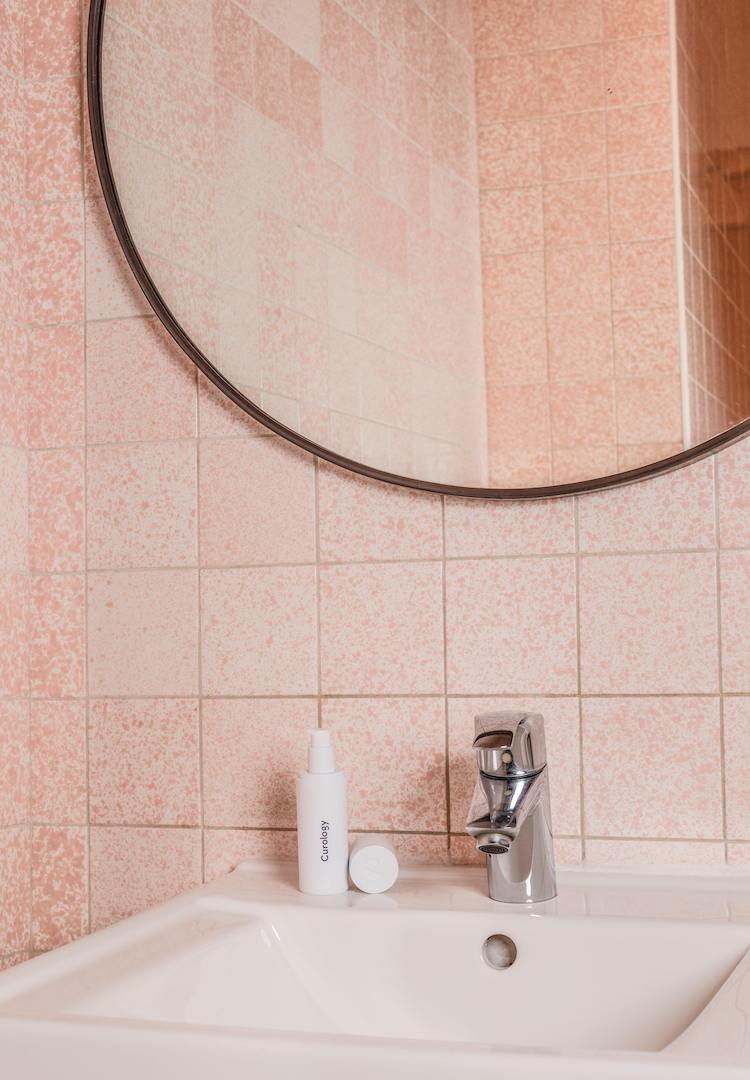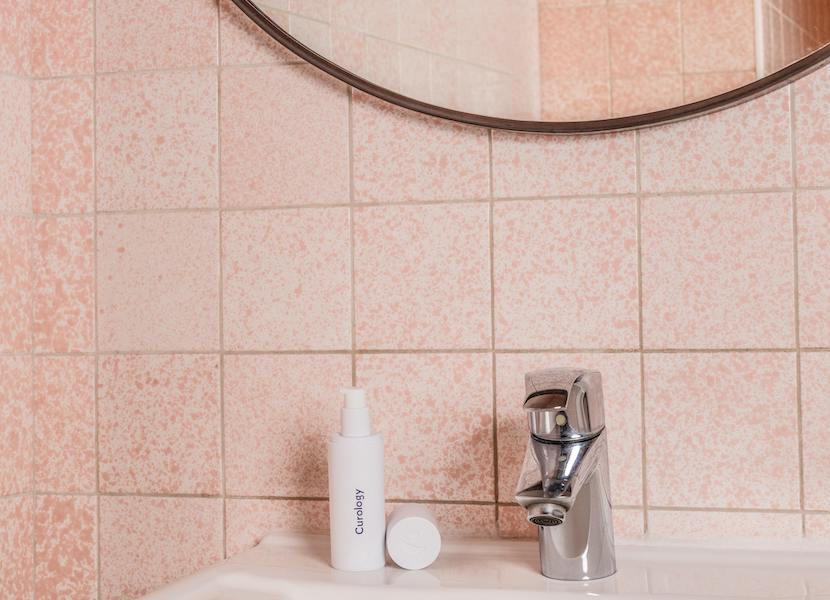True self-care is not really about buying anything at all
Words by Sophie McGrath
Because self-care isn’t just jade face rollers and incense.
I find the term self-care so hollow. It’s become – and maybe always has been – a marketing tool used by wellbeing brands to sell their products, and it’s so vague and thoughtless.
Self-care culture is everywhere at the moment, and I’m sure many people would say it’s massages, facials, bubble baths and jade rollers and while that’s all really lovely and I’d like to engage in all of those activities daily, real self-care is undeniably messy.
It’s doing the inner work so you can move forward and be your best self. Genuine self-care is supporting everything that encompasses your being. It’s the mental, physical, emotional and spiritual you.
As I’m currently on a personal journey dealing with chronic fatigue and all of its related issues, the diagnosis has forced me to press the reset button on many aspects of my life. In this process of having to take a step back, I’ve come to realise that there’s nothing I need to buy – I already have the tools to immerse myself in true self care.
Don’t be fooled, I am as guilty as anyone of lusting after new self-care products – the hundreds of screenshots on my phone of skincare brands, shakti mats and fancy incense holders are a testament to this, but true self-care to me is about giving myself space to be honest about my negative habits, my triggers and why they are so and having a better understanding and general awareness of how I operate internally and externally.
I’d even go so far as to say, for the majority of us, there is a lot of healing and inner work that needs to be done before we can even consider approaching the topic of self-care. In saying that, I’m no expert. I’m just sharing tools founded on my own personal experience with genuine self-care. Here are some ways I truly care for myself, that are worth trying out for yourself, too.
Watch and understand yourself and how you go about your day
Literally sit like an audience and notice the thoughts that run through your head from the moment you wake up to the moment you fall back asleep. How do you speak to yourself? How much energy do you use up when something annoying happens? What sensations pop up in the body? Do you speak kindly to yourself?
Understand your triggers from the top down
Top down as in, work out what emotions are your ‘most played’. For me, mine is anger which then stems into perpetual anxiety and impatience. Work out what yours are and notice when you feel these. Instead of reacting, sit with these emotions and get a sense for how you’re internalising these emotions in the physical body.
Take time to sit and breathe in the sticky moments
For people that might not be inclined to meditate, just sitting and noticing your breath during moments of stress or unease can be an easy way to settle the mind, take yourself into the present and reset your nervous system.
Meditate and journal
If you’re ready for the next step after sitting and breathing, try making time to meditate, starting with just five minutes and moving on to ten minutes and so on. There are plenty of free apps for guided meditation if you need some guidance getting started. Once you’ve meditated, have pen and paper handy to write down whatever comes to mind post-meditation. Another tip; whatever shows up in your distorted thoughts or feelings post-meditation can potentially be worked through by writing it down to intellectually dissect later.
Question your thoughts
You know the saying ‘you are not your thoughts’ – it’s true! Your brain is addicted to negative thoughts because they can potentially keep you safe. Your mind develops coping strategies and prefers being on autopilot and it’s learned repetitive behaviour. Knowing that you are not your thoughts, feelings and beliefs and understanding you can help yourself just by observing and accepting can help you avoid becoming engulfed by any form of suffering.
Have difficult but much needed conversations with loved ones
This one I’m still working on, but it’s necessary for me as it helps take loads of emotional strain off my physical and emotional body. Have the difficult conversations. Talk about the things that you need to get off your chest. If required, write a letter or a script if the thought of having the conversations you know you need to have makes you flustered.
Get professional help if you’re in need of unbiased views or help dissecting your inner workings
This isn’t free but it’s an important course of action in case you’re feeling stuck. A trained professional can help you dissect your inner workings and bring to light some aspects of you that you might not have considered.
Other obvious (and free) forms of self-care are moving your body daily, staying hydrated, eating nourishing meals, being mindful about your food intake, getting creative, soaking in nature and being gentle with yourself. I think it’s also important to take the time to celebrate your own personal victories.
It’s hard being human and enforcing discipline to become the best version of yourself, but genuine self-care is something everyone should commit to – make it a personal responsibility and a daily necessity.
A key takeaway in all this is to show up in your own life and be present. Fully present. It sounds easy but it isn’t, because our brains are attracted to the setbacks of the past and the anxieties of the future.
You have to come to understand that life is mostly ordinary, sometimes great, sometimes messy and sometimes hard, but learning to live your life in the ever-present moment and beginning to look at each day as an opportunity to live fully, to show up and be your best, most aware self is the original, cheapest and most sustainable form of self-care.













